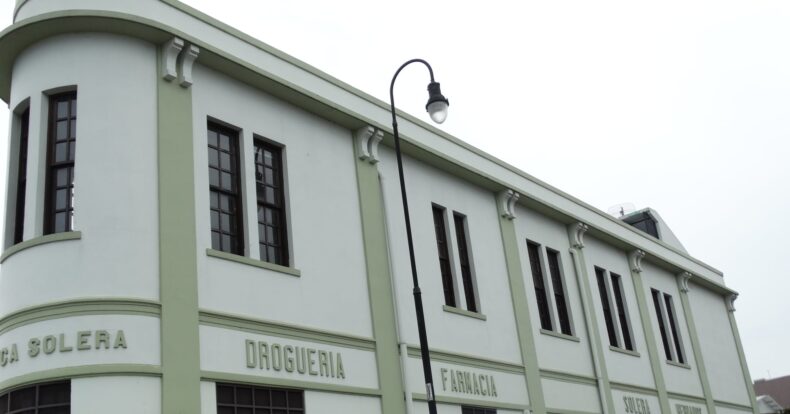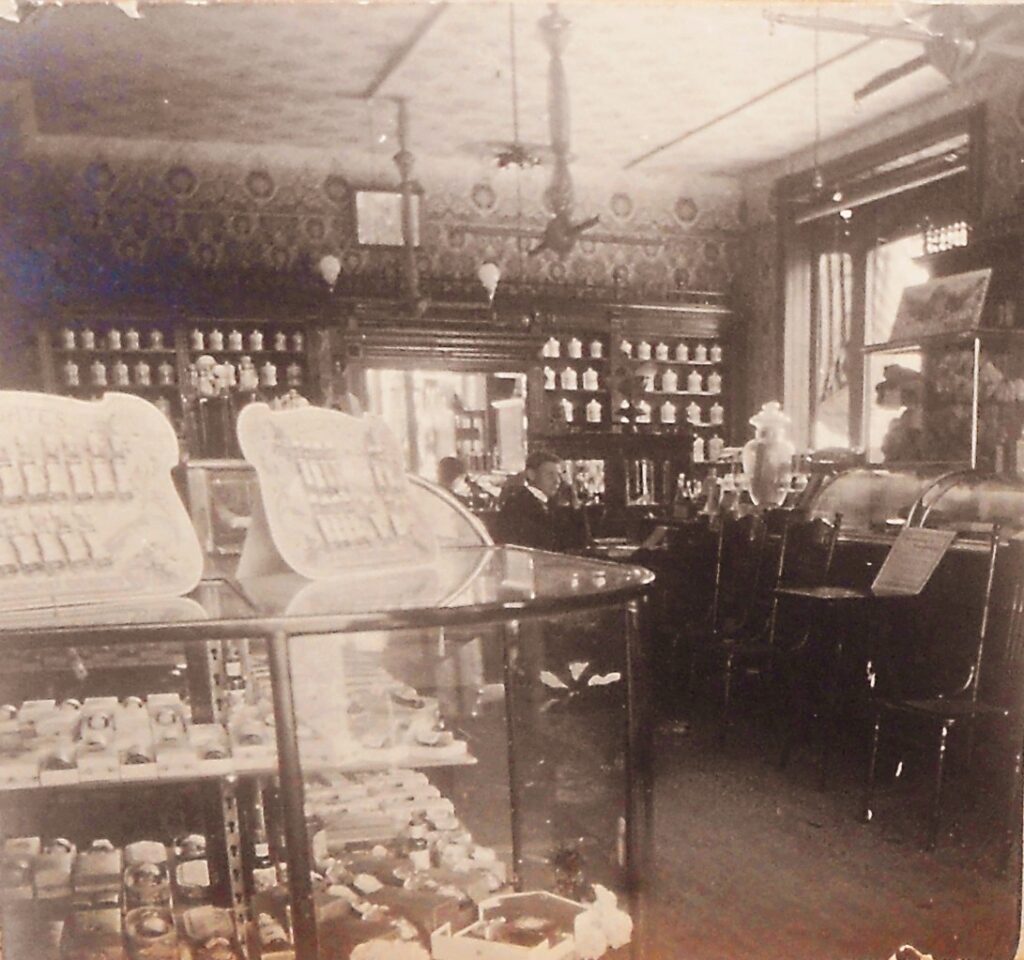Costa Rican Pharmacist’s Day: Reflection on the CCSS Pilot Plan and its Implications

August 12 marks the National Day of the Costa Rican Pharmacist, a date that commemorates the founding of the College of Pharmacists in 1902. As an opportunity to recognize the vital work that pharmacists perform in the country’s public health, this day is an opportunity to recognize the vital work that pharmacists perform in the country’s public health. However, this year, the celebration is marked by a latent concern: the recent pilot plan of the Costa Rican Social Security Fund (CCSS) to sell medicines to the private sector, which has raised serious doubts in the pharmaceutical community.
Costa Rican Pharmacist’s Day
Concern about the shortage of supplies
The Colegio de Farmacéuticos de Costa Rica, through its president José Gatgens, has expressed its concern about the risk of shortages that this initiative could generate. Most of the concern is that the sale of medicines to the private sector could compromise the internal supply of the CCSS, affecting patients who depend on the Social Security to receive their treatments without additional costs. This shortage could have serious consequences, especially for those who require daily medication for chronic conditions.


Smuggling and Counterfeiting Risk
Another concern of the College of Pharmacists is the potential increase in smuggling and counterfeit drugs. Drug safety and quality is a critical issue, and any move that jeopardizes these aspects must be carefully evaluated.
Priorities in Healthcare
According to the College’s perspective, the CCSS should focus on solving internal problems before venturing into the private market. Among the priorities mentioned are the reduction of waiting times for patients and the improvement in the efficiency of medication dispensing in the outpatient clinic. These are issues that directly affect the quality of care received by the insured.
Health System Implications
Finally, the College of Pharmacists questions the marketing model proposed by the CCSS and its impact on the Costa Rican health system. With 1,360 private community pharmacies already established, the entry of the CCSS as a new player in the market could generate tensions and imbalances. Also, there is concern that this pilot plan will dissuade citizens from remaining insured, as they believe they can obtain the necessary medicines in the private sector. In this way, one of the essential pillars of Social Security could be weakened.
This Costa Rican Pharmacist’s Day is not only a time to celebrate and recognize the work of these professionals, but also to reflect on the challenges facing the country’s healthcare system. A proposal by the CCSS to sell drugs to the private sector should be carefully analyzed, considering its possible implications on drug shortages, drug safety, and the balance of the health system in general. According to Gatgens, it is essential that any decision taken is always aimed at improving patient care and strengthening the Costa Rican healthcare system.
Sensorial Sunsets
Navigate articles





